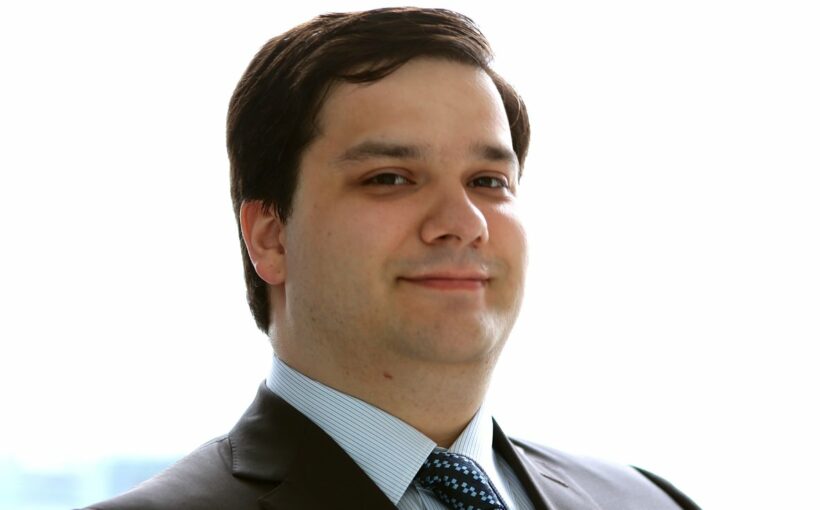In the first hearing of his trial for fraud, former Mt. Gox CEO Mark Karpeles plead not guilty in Tokyo District Court on Tuesday. Karpeles is charged with embezzlement and data manipulation. The Japanese-based Mt. Gox, once the world’s largest Bitcoin trading platform, ceased operations in early 2014. It later revealed that it had lost 850,000 Bitcoins, most of which belonged to its users.
Karpeles purchased Mt. Gox in 2011 from Jed McCaleb, who founded the website in 2006 as a online trading card exchange. Under Karpeles’ leadership, Mt. Gox grew rapidly along with the popularity of Bitcoin. By the end of 2012, Mt. Gox handled 80 percent of the Bitcoin exchange market. The exchange maintained this dominant position during the Bitcoin price surge of 2013.
Despite its success, Mt. Gox was plagued with technical, legal, and security problems. In June, 2011, a hacker infiltrated the exchange system and fraudulently purchased thousands of Bitcoins for one penny each. Mt. Gox would claim that it prevented the final transfer of the Bitcoins, and that its users were protected. A breach also occurred later that year that involved the loss of more than two thousand Bitcoins.
In 2013, the U.S. Department of Homeland Security issued a warrant to seize Mt. Gox’s funds from Dwolla, the company’s U.S. payment processor, on the grounds that it was operating as an unregistered money transmitter. It also seized funds held by Mt. Gox at Wells Fargo. At the same time, CoinLab filed a $75 million lawsuit against Mt. Gox for breach of contract over the disputed transfer of Mt. Gox’s U.S. and Canadian customers to CoinLab’s system.
Karpeles insisted that Mt. Gox remained secure, and that these legal and regulatory issues would be resolved. Nevertheless, during the Summer of 2013, users began experiencing long waits when withdrawing funds, and at one point Mt. Gox briefly suspended withdrawals of U.S dollars altogether. By the end of the year, many customers reported month-long waits for withdrawals, and faith in the exchange was rapidly eroding.
In February of 2014, claiming technical issues, Mt. Gox froze Bitcoin withdrawals. Soon after this move, Karpeles stated that withdrawals would resume, but refused to provide specifics. On February 24, all trading was halted, and days later the company filed for bankruptcy protection in Japan. Shortly thereafter, it also filed for bankruptcy in the United States.
At the time of its bankruptcy filing, the company admitted to losing almost 750,000 of its customer’s Bitcoins and 100,000 of its own. It claimed that these had likely been stolen, with evidence later indicating that the thefts began as early as 2011. The company could also not account for $28 million of its user’s deposits. Karpeles denied any wrongdoing, asserting that he was also a victim of the theft. He would later claim to have found a number of the lost Bitcoins in a cold storage wallet. To-date none of the former Mt. Gox users have been reimbursed.
The collapse of Mt. Gox was a contributing factor in the decline of Bitcoin prices in the Summer of 2014, and it shook the confidence many had in the future of cryptocurrency. Nevertheless, Bitcoin advocates insist that the debacle proved Bitcoin’s ability to survive major setbacks. In fact, even as Bitcoin prices fell, more people continued to invest in it, and it remained by far the most valuable cryptocurrency.
The specific charges against Karpeles do not involve the lost Bitcoins. Rather, Japanese prosecutors claim that in 2013 Karpeles embezzled funds from the company by moving funds deposited by users into personal accounts. If convicted he faces up to five years in prison.
Source: Read Full Article
